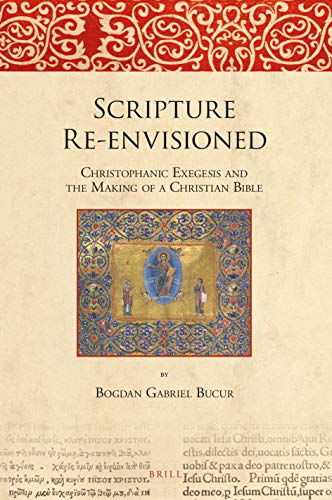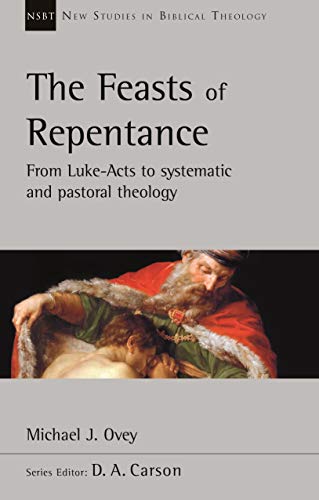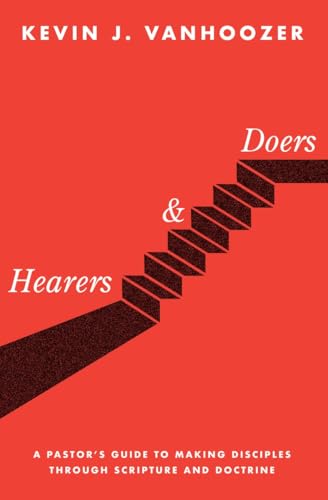Contemporary Theology: An Introduction—Classical, Evangelical, Philosophical, and Global Perspectives
Written by Kirk R. MacGregor Reviewed By Justin Cober-LakeDetailing the last 200 years of theology in a single book presents no easy task, but given the proliferation of ideas over that time, having a resource that skillfully delineates them feels almost essential. Kirk MacGregor takes on this assignment in Contemporary Theology: An Introduction—Classical, Evangelical, Philosophical, and Global Perspectives. In his opening statement to the reader, he explains his plan to “acquaint you with the major thinkers and schools of thought in Christian theology … both inside and outside the scope of evangelical tradition” while “provid[ing] a clear and unbiased perception of the theological landscape of the past two centuries” (pp. 11–12). Both theologian and philosopher, MacGregor achieves his goal. He notes that “much of contemporary theology has appropriated various ideas and methods from modern philosophy,” (p. 13) and he therefore works to keep that intellectual legacy in mind as he covers a broad array of theological topics. MacGregor’s own description of the book as a potential “springboard” for “theological explorations” (p. 12) helps define the book’s intended audience as students, but the value of his work extends beyond the classroom.
After the brief introduction, the book divides into 38 chapters, each (after the first) given to a particular theological movement or individual thinker. The first chapter focuses on Rene Descartes and Immanuel Kant, laying the foundation for MacGregor’s general approach of finding the intersections between philosophy and theology. Taking that path means that certain thinkers, like G. W. F. Hegel and Ludwig Wittgenstein, receive more attention than we might anticipate, but MacGregor shows the relevance of these philosophers in helping to shape contemporary theology. Acknowledging a philosophical underpinning, the book nonetheless addresses the historic theological topics.
Each of those topics fits into its own discrete category, yet the book’s organization allows it to feel more connected than that structure might suggest. The book follows a roughly chronological route and, while there is no pretense of pure linearity, the sequence of topics proceeds almost as a narrative. You could pick up the book and read a chapter at random, but if read within the context of the book’s broader historical arc, your reading will be richer. Contemporary theology would be better mapped as a web than as a line, but within the strictures of a book, MacGregor skillfully makes both the big sequence and the various connections understandable.
Giving about ten pages to each topic, MacGregor clearly explains each subject without getting lost in the weeds. Occasionally this length feels too concise (particularly when MacGregor drifts more toward philosopher rather than elucidator), but the chapters generally serve their purpose well as introductory essays. He mostly masks his biases, only rarely raising an implicit eyebrow at heterodox theology, such as when he points out how process theology is “condemned as heresy by most conservative theologians” (p. 214). His willingness to avoid lending support or delivering criticism enables his book to stand as a fair resource with high utility in a classroom setting.
With any encyclopedic endeavor of this sort, an author becomes necessarily selective. In Contemporary Theology, some of those missing topics seem to be those that least fit into the paradigm of a joint philosophical and theological venture. For example, third wave theology makes no appearance, perhaps because—despite C. Peter Wagner and John Wimber’s academic ties—the movement does not readily assert itself as rigidly theological in the same way as other schools of thought. MacGregor does address Latin American Pentecostalism in a chapter that could have provided a segue into, say, the Vineyard movement, which remains energetic in the United States. Likewise, he avoids both prosperity and dominion theologies, neither of which fits neatly into one of the four categories of the book’s subtitle. Addressing major lines of thought in the West, at least outside of academia, would seem wise, especially given the broad scope of the book.
Other omissions also seem strange within the book’s rubric. John Milbank gets a quick mention in the chapter “Postmodern Theology” (p. 293), but giving Radical Orthodoxy only one sentence surprisingly slights a movement that makes great sense within MacGregor’s framework. John Hick and Christian pluralism receive almost no attention, despite the natural tie between Hick and Kant and the relevance of examining pluralism both in our current moment and across the past two centuries.
Nonetheless these exclusions do not negate the value of MacGregor’s work. His succinct and lucid writing on difficult topics (like Wittgenstein’s ladder and Paul Tillich’s existentialism) should help newcomers access most of the key ideas of the last couple hundred years of theological thinking. More experienced scholars will find the book to serve as a highly functional resource because of his quick delineations of main ideas and useful bibliographies. MacGregor hoped to “furnish you with a springboard for your own theological explorations” (p. 12). He has accomplished that and more.
Justin Cober-Lake
Justin Cober-Lake
The Well of Nelson
Lovingston, Virginia, USA
Other Articles in this Issue
What are we to make of Cultural Marxism? This article seeks to answer that question, first, by outlining the key elements and legacy of classical Marxism; second, by exploring the neo-Marxism of Antonio Gramsci; third, by assessing the main ideas and impact of “the Frankfurt School”; and, fourth, by offering some reflections on (i) the links between these thinkers and various contemporary developments, (ii) the wisdom of employing the term Cultural Marxism, and (iii) how Christians should respond to the current “culture wars” that are polarizing the Western world.
The diverse essays in Stanley Rosenberg’s edited volume Finding Ourselves After Darwin: Conversations on the Image of God, Original Sin, and the Problem of Evil (Grand Rapids: Baker Academic, 2018) offer a Christian analysis of the human person in light of evolutionary thinking...
Do Formal Equivalent Translations Reflect a Higher View of Plenary, Verbal Inspiration?
by William D. MounceThe article begins by establishing five categories of translation theory and argues that functional translations like the NIV do in fact reflect the meaning of every Greek word, but not in the same way as formal equivalent translations do...






